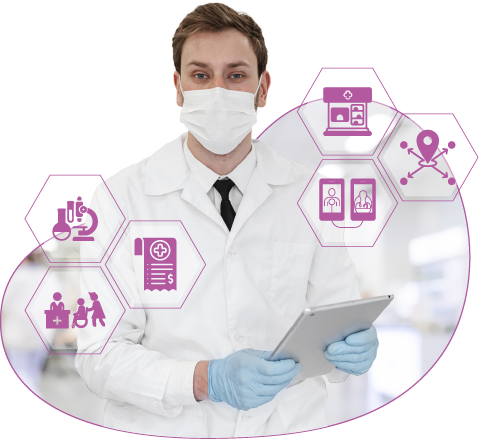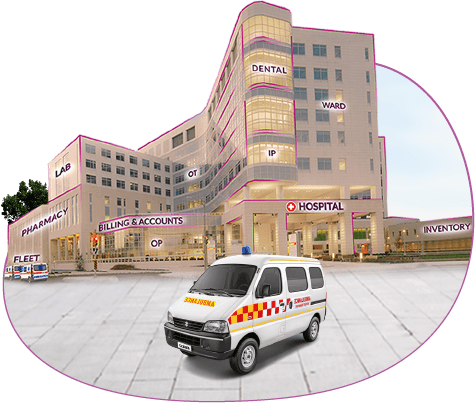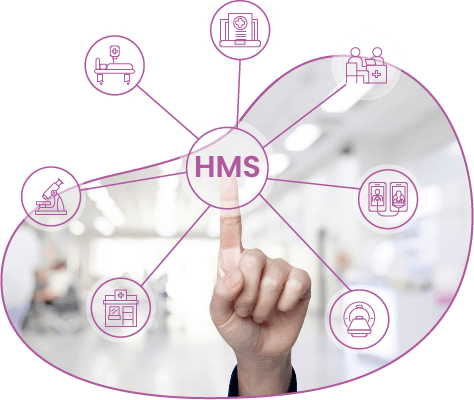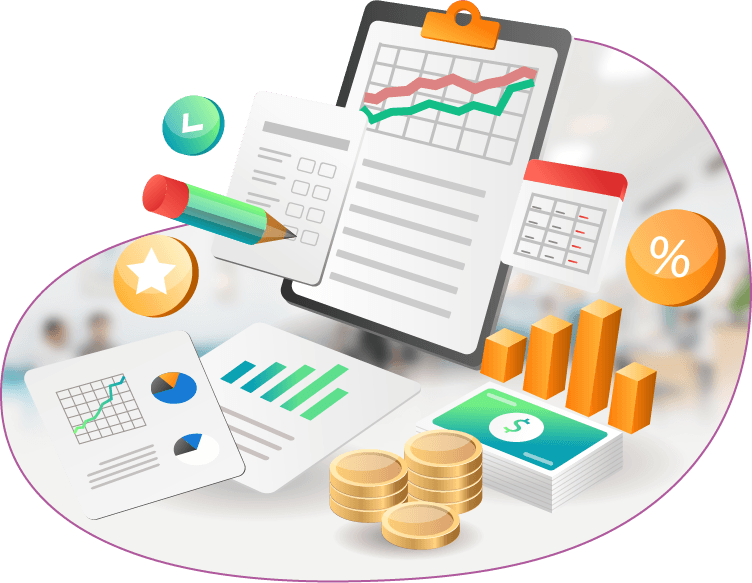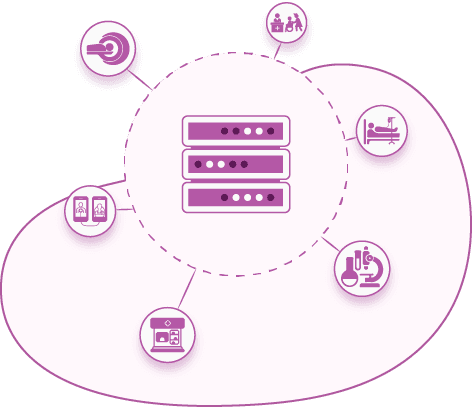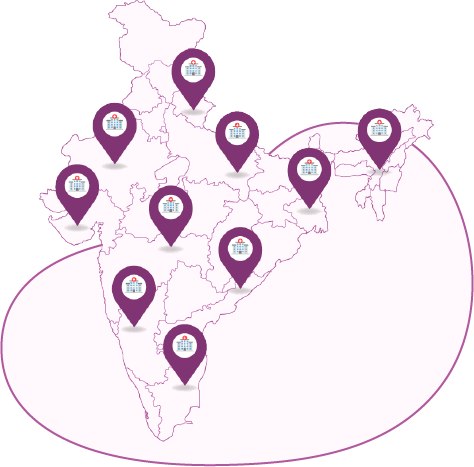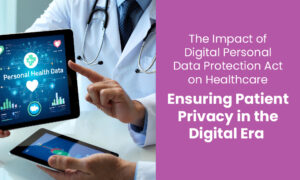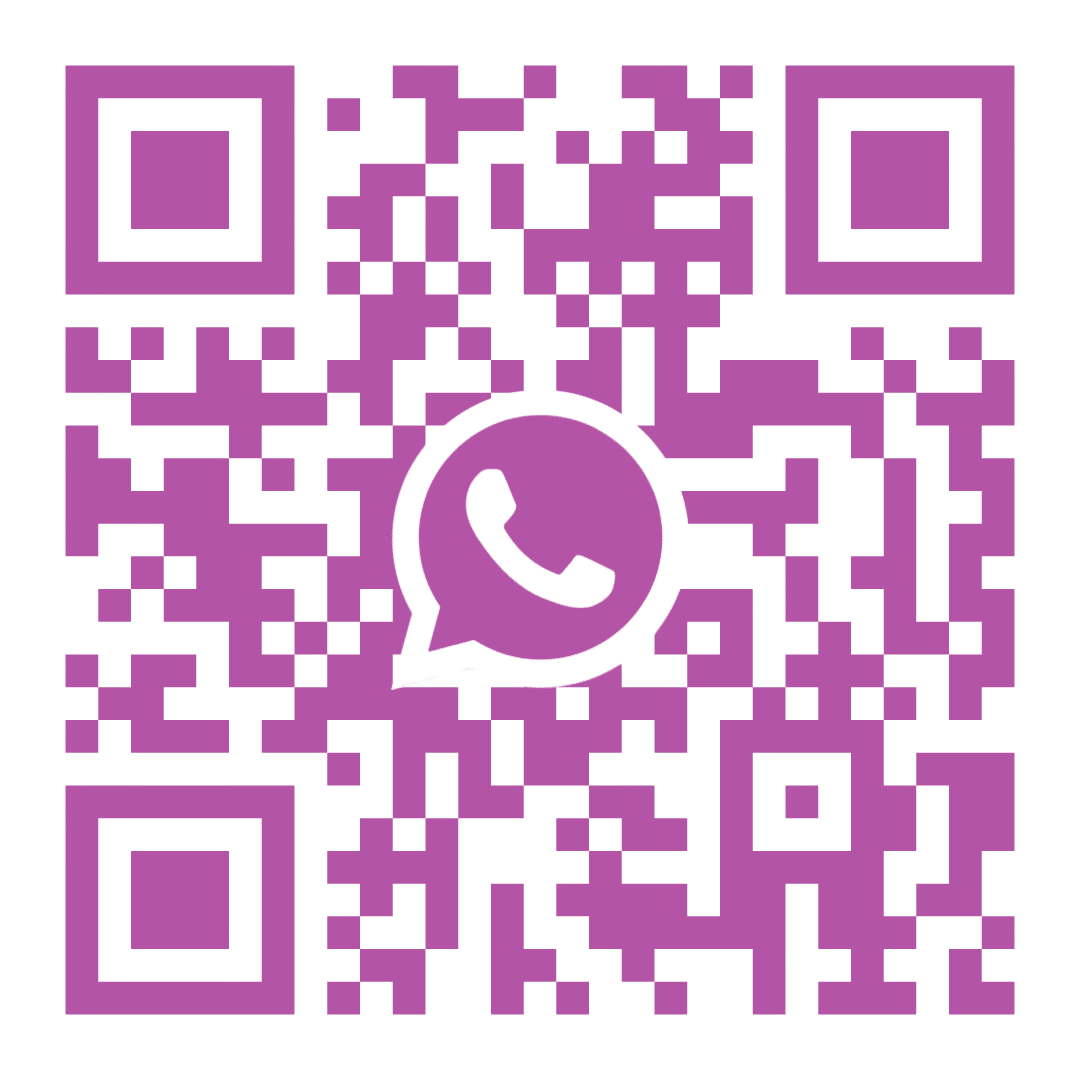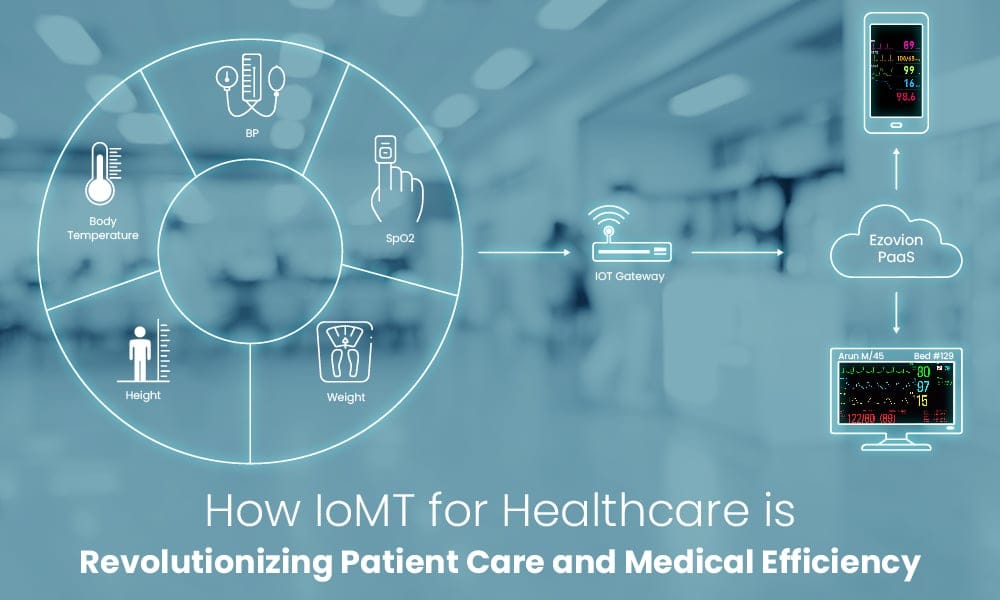
The Internet of Medical Things (IoMT in healthcare) is revolutionizing healthcare by effectively connecting medical devices, patients, and healthcare providers through advanced technologies. As an inseparable extension of IoT, IoMT in healthcare enables efficient management of medical data, remote monitoring, and real-time communication between patients and doctors. During the COVID-19 pandemic, IoMT proved invaluable by enabling sensor-based remote monitoring, minimizing risks, and improving patient care without in-person visits. By bridging the gap between physical and virtual worlds, IoMT is transforming traditional, clinic-centric healthcare into a more personalized, data-driven system that enhances both patient outcomes and operational efficiency.
I hope you guys understand what the Internet of Medical Things (IoMT) is. It is a network of connected medical devices and systems that exchange data online, enabling remote monitoring, real-time data sharing, and automation in healthcare. It includes devices like wearable trackers and smart medical equipment, improving patient care and healthcare efficiency.
Why is IoMT important?
The rapid advancements in wireless communication technology have transformed the landscape of healthcare. The Internet of Things, IoMT in healthcare is a prime example of this evolution, enabling interconnected devices like Radio Frequency Identification (RFID), infrared sensors, and laser scanners to work together seamlessly. This “Internet of Everything” allows healthcare providers to improve patient outcomes and efficiency in unprecedented ways.
Each year, countless lives are lost due to preventable diseases and complications. However, IoMT is helping reduce these numbers by solving critical healthcare challenges and saving millions in patient care costs. From remote monitoring to real-time data collection, IoMT is truly revolutionizing the healthcare sector.
What are the applications of IoMT in healthcare industry?
The integration of the Internet of Things (IoM) for healthcare has unlocked incredible potential, especially when paired with mobile computing. Mobile health (m-health) platforms enhance IoMT applications by enabling seamless and accessible healthcare services and providing patients and healthcare professionals with critical tools for real-time monitoring and care.
IoMT offers a range of benefits, including secure and private data management. It plays a pivotal role in addressing pressing challenges in the healthcare sector, offering prompt and effective solutions. The combination of IoMT, mobile computing, and network connectivity creates a comprehensive system that is reliable, cost-effective, and capable of improving patient outcomes.
Key Applications of IoMT in Healthcare:
· Connected Medical Devices
Connected medical devices are smart tools that gather real-time health data and monitor patient conditions. These devices include wearable health trackers (like fitness bands or heart monitors), infusion pumps that deliver medication automatically, and home-based devices such as blood pressure monitors or glucose meters.
· Data Sharing
One of the key benefits of IoMT is the ability of connected devices to collect and share health data seamlessly. These devices send the information to healthcare providers or electronic health records (EHRs) for analysis.
· Remote Monitoring
Remote monitoring through IoMT allows patients to stay under medical supervision without the need for frequent hospital visits. Healthcare providers can track a patient’s health status from afar and intervene if necessary.
· Improved Efficiency
IoMT greatly improves the efficiency of healthcare systems. By automating routine tasks and providing real-time data, it helps reduce paperwork, minimize human error, and speed up decision-making processes.
· Security Concerns
While IoMT offers great potential, the sensitive nature of the data it handles makes security a top priority. Personal health data, if compromised, can have serious consequences for patients. As IoMT systems become more widespread, they are increasingly targeted by cybercriminals.
Innovative Applications of IoMT in Healthcare
The Internet of Medical Things (IoMT) is transforming healthcare by enabling smart, connected solutions. One prominent application is remote patient monitoring, where patients with chronic conditions can have their vital signs tracked from home, reducing hospital visits while maintaining close monitoring. Smart hospitals utilize IoMT sensors to optimize resource allocation, ensuring that staff and equipment are used efficiently to enhance patient care. Additionally, wearable health devices such as fitness trackers and sleep monitors empower individuals to take control of their health by tracking daily activity, sleep patterns, and other crucial health metrics. Together, these technologies are making healthcare more accessible, efficient, and personalized.
Issues and Challenges with IoMT:
The key challenges that healthcare IoMT faces include security, privacy, wearability, low-power operation, and standardization.
- The rapid advancement of technology has enabled billions of smart devices and objects to get connected through IoMT. These smart devices collect huge amounts of data that are processed, analysed, and stored for later use. This leads to scalability issues in IoMT-based systems.
- Lack of standardization for IoMT devices, and interoperability of things is a serious issue. It requires technological convergence to establish a standardized framework.
- Application of IoMT-based systems in healthcare requires security and safety especially while monitoring patients remotely. There should be an ensuring of patients’ information, security of data, confidentiality, and integrity. Hence to avoid any threat to the privacy of patients’ data IoMT-based system requires data security.
- As technology is advancing there is a need to address challenges that may arise. Some design issues like limited memory, computational challenges, and energy requirements in the future.
Conclusion:
The IoMT in healthcare is an ever-growing technology and has played a remarkable role in improving the quality of life. Its application is multidisciplinary and used in various sectors like the automation industry, agriculture, transportation, building smart homes, cities, healthcare, and many more where decision-making is critical. IoMT applications especially in the healthcare domain connect patients- to devices, patients to doctors, and vice-versa to establish communications with an intelligent connection assuring an effective and efficient healthcare system. IoMT for healthcare having limitless applications, has significantly transformed the traditional way of caregiving and has addressed the major socio-economic concerns related to healthcare. Effective healthcare is everyone’s right and IoMT-based healthcare systems have enabled it with low-cost technology in a smart manner.

